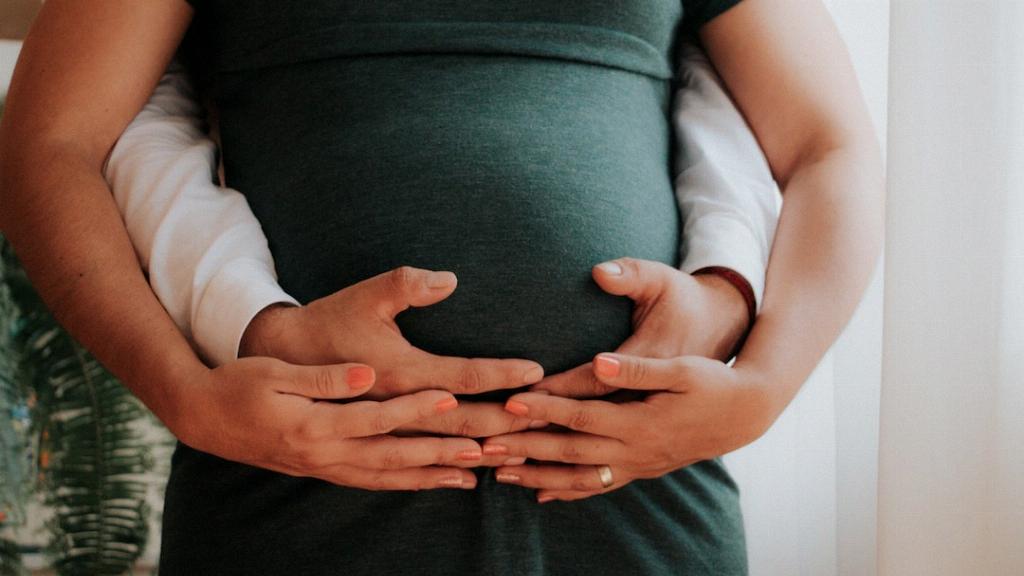When it comes to understanding whether you are experiencing spotting or your regular period, it is essential to pay attention to the characteristics of the blood flow. Menstrual bleeding, also known as your period, can vary in intensity from light to heavy bleeding over a period of several days or weeks. On the other hand, implantation bleeding, which occurs when a fertilized egg attaches to the uterine wall, is usually lighter and shorter in duration.
Amount of Blood
One of the key distinguishing factors between spotting and a period is the amount of blood. Menstrual bleeding often involves enough blood to require the use of pads or tampons, with the flow ranging from light to heavy. In contrast, implantation bleeding is typically light and may not even be enough to fill a pad or tampon. You may only notice a few spots on your underwear or pantyliner during implantation bleeding.
Duration of Bleeding
Another important factor to consider is the duration of the bleeding. Menstrual bleeding usually lasts for several days to a week, with a consistent flow of blood during this time. In contrast, implantation bleeding is much shorter in duration, typically lasting only a few days. If you are experiencing light bleeding that stops after a short period, it could be a sign of implantation bleeding.
Color and Consistency
Pay attention to the color and consistency of the blood you are experiencing. Menstrual blood is typically bright red to dark red and may contain clots. In contrast, implantation bleeding is usually light pink or brown in color and is thinner in consistency. If you notice light, pinkish discharge instead of your usual period blood, it could be a sign of implantation bleeding.
Timing
The timing of the bleeding can also provide clues as to whether you are experiencing spotting or your period. Menstrual bleeding occurs in a regular pattern, with most women having a predictable menstrual cycle that ranges from 21 to 35 days. Implantation bleeding, on the other hand, typically occurs around 10 to 14 days after conception, which is often close to the time of your expected period.
Associated Symptoms
Consider any accompanying symptoms you may be experiencing. Menstrual bleeding is often accompanied by symptoms such as cramps, bloating, breast tenderness, and mood swings. In contrast, implantation bleeding is usually not accompanied by these typical menstrual symptoms. If you are experiencing light bleeding without the usual period symptoms, it may be a sign of implantation bleeding.
Testing for Pregnancy
If you are unsure whether you are experiencing spotting or your period, consider taking a pregnancy test. Home pregnancy tests can detect the presence of the hormone hCG in your urine, which is produced by the placenta after a fertilized egg attaches to the uterine wall. If you suspect you may be pregnant, a pregnancy test can provide clarity on your current situation.
Consulting a Healthcare Provider
If you are still unsure about the cause of your bleeding, it is important to consult with a healthcare provider. A gynecologist or obstetrician can assess your symptoms, perform any necessary tests, and provide guidance on the next steps. They can help differentiate between implantation bleeding and menstrual bleeding, as well as address any concerns or questions you may have.
Keeping Track of Your Symptoms
It can be helpful to keep track of your symptoms and bleeding patterns to provide more information to your healthcare provider. Consider maintaining a diary of your menstrual cycle, including the dates of your periods, any unusual bleeding episodes, and associated symptoms. This information can assist your healthcare provider in making an accurate assessment of your situation.
Healthy Lifestyle Choices
Regardless of whether you are experiencing spotting or your period, maintaining a healthy lifestyle can support your overall well-being. Eat a balanced diet, stay hydrated, engage in regular physical activity, and prioritize self-care. Taking care of your physical and emotional health can help you manage any menstrual or pregnancy-related symptoms more effectively.
Conclusion
In conclusion, distinguishing between spotting and your period involves paying attention to the amount, duration, color, consistency, timing, and associated symptoms of the bleeding. If you suspect you may be pregnant or are unsure about the cause of your bleeding, consider taking a pregnancy test and consulting with a healthcare provider for personalized guidance. Remember to prioritize your health and well-being by making informed decisions about your reproductive health.

